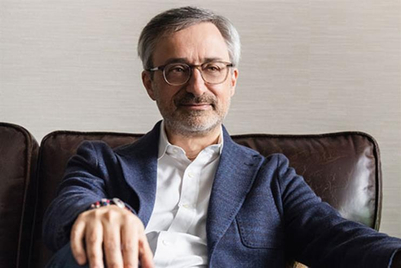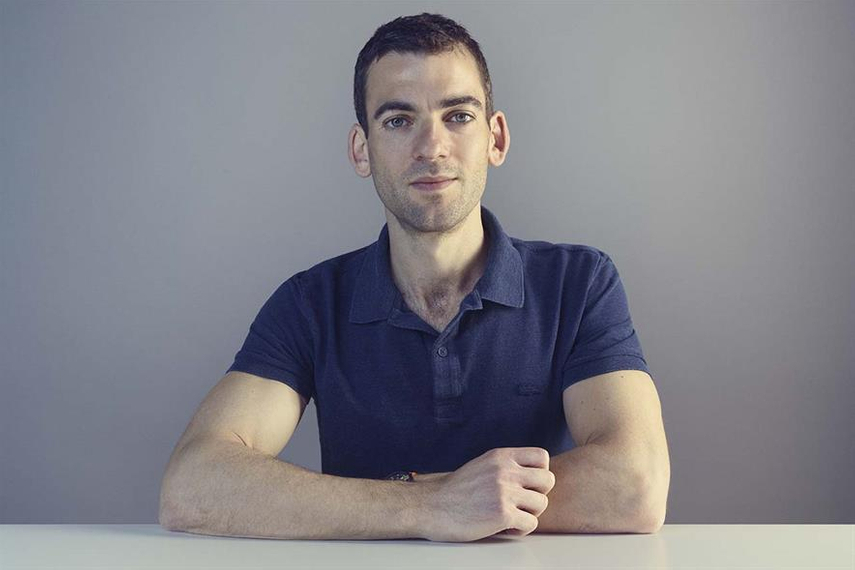
Dentsu International has raided Omnicom’s DDB to recruit Alex Hesz to the newly created job of global chief strategy officer, with a dual role overseeing strategy for clients and corporate strategy for the agency group.
Hesz, who spent a decade at Adam&Eve/DDB and the global DDB network, will work across Dentsu International’s three main disciplines: media, creative and customer experience management (CXM).
Wendy Clark, global chief executive of Dentsu International since September 2020, was previously global chief executive of DDB for four years and worked closely with Hesz on some clients.
He joined Adam&Eve when it was an independent in London in 2011, before its acquisition by DDB in 2012, and rose to become chief strategy officer in the UK and then added EMEA and global CSO roles for DDB.
Hesz previously worked at US-based independent creative agency Modernista!, DDB and M&C Saatchi.
Japanese-owned Dentsu International, the owner of agencies including Carat, DentsuMcGarryBowen, iProspect and Merkle, has an ambition to be the world’s “most integrated agency network” and described Hesz’s appointment as pivotal. He is expected to join in 2022.
“Hesz will shape and define the strategy, priorities and long-term direction of Dentsu International, aligned to Dentsu Group’s strategy,” the company said.
“Hesz will spearhead Dentsu International’s go-to-market strategy, partnering across the business to define integrated, human-centric, world-class products, services and solutions to drive growth for clients.”
Clark said: “Alex’s appointment is game-changing for Dentsu. He is one of the foremost strategic leaders in the industry. On our journey to optimising from 160 [agencies] to six global leadership [agency] brands, this role is critical to integrate our total offering across media, CXM and creative, delivering growth and creativity for clients at the speed and efficiency demanded by the marketplace.“
Hesz said: “Dentsu is uniquely placed to provide an enviable modern marketing offering to deliver the work that clients truly want in the way they truly want it to be delivered.”
Dentsu International is “a truly integrated business across media, CXM and creative, led by a group of absurdly talented practitioners who are dedicated to the work, the culture and the society they are building together”, he said.
“The commitments to sustainability and diversity as drivers of that success are critical parts of that shared culture, and are values sincerely held and shared by everyone I’ve been lucky enough to meet.”
Clark has been building her leadership team and recruited Fred Levron as global chief creative officer from FCB Inferno in June.
“Huge demand from clients for fully integrated solutions”
Dentsu International, which is based in London, made dozens of acquisitions over the last decade but suffered declining revenues in 2019 and 2020 and restructured the business.
It has moved back into growth in the last two quarters, with a focus on expanding CXM and integrating all of its service offerings.
Clients include American Express, Coca-Cola, Microsoft, Procter & Gamble and Vodafone.
Hesz said: “There’s a huge demand from clients for fully integrated solutions. We see it in every scale pitch now.”
The days of “we’ll have a single creative pitch, then we’ll have a different media pitch, then we’ll have a different CX pitch, then we’ll have a different data pitch” are over, he suggested.
“Clients don’t have the time or the resources or the appetite to run such complex, multi-agency, multi-holding company relationships with them as the middle-man, with them as the referee.
“They’re looking for solutions that are better integrated, that deliver better results for clients and massive economies of scale and better outcomes for the business.”
“I’m not leaving Adam&Eve/DDB, I’m joining Dentsu”
Hesz’s departure from Adam&Eve/DDB is a milestone because he has been one of the senior management team, which includes co-chief executives Tammy Einav and Mat Goff and chief creative officer Rick Brim, who took charge when the founders stepped back in 2017.
“I’m not leaving Adam&Eve/DDB, I’m joining Dentsu,” he said, explaining he was not looking to move when he was approached for the “unique” role.
He added he has “the highest regard” for his colleagues at Adam&Eve/DDB, which made its name for its work for John Lewis & Partners and has won multiple agency of the year awards from Campaign and at Cannes Lions in the last decade.
“You get to a point where you have to decide do you double down on that as the next chapter or do you want try something fundamentally different as the next chapter?” he said.
“I looked at the opportunity to work at the holding company level and as well as a corporate strategy developer – developing the strategy of a holding company, not just looking at client strategies – and that’s a different type of challenge.
“That’s not another pitch, another client. That’s ‘how do you build a very large holding company-scale business that’s fit to win in the new post-pandemic world?’”
(This article first appeared on CampaignLive.co.uk)


.jpg&h=334&w=500&q=100&v=20250320&c=1)
.jpg&h=334&w=500&q=100&v=20250320&c=1)
.jpg&h=334&w=500&q=100&v=20250320&c=1)




.jpg&h=334&w=500&q=100&v=20250320&c=1)



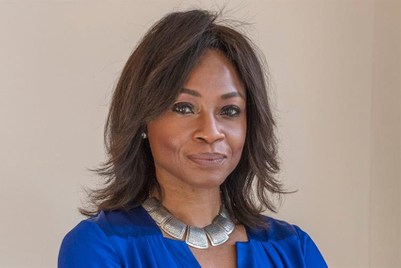
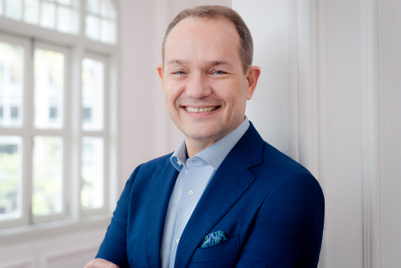
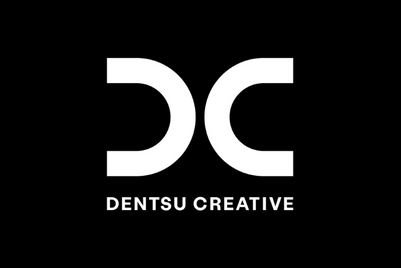
.jpg&h=268&w=401&q=100&v=20250320&c=1)


